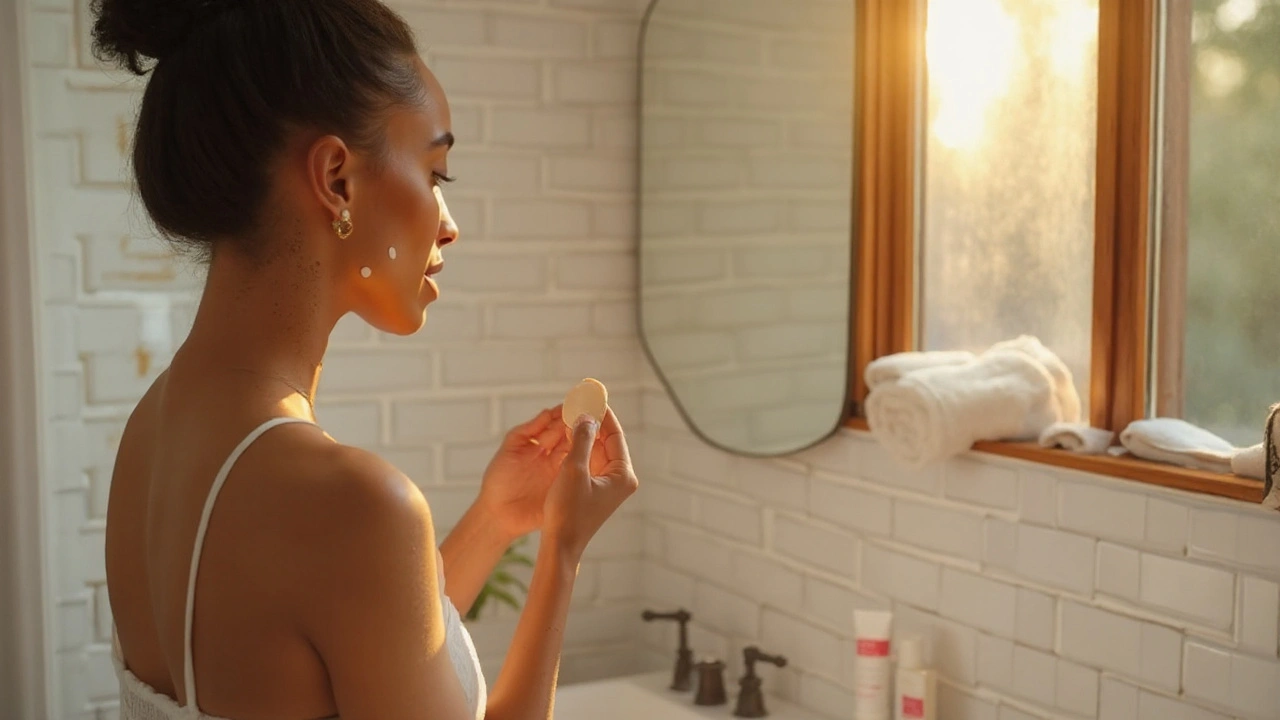Acne Treatment: Simple Steps to Clear Skin
If you’re fed up with breakouts, you’re not alone. Acne shows up at any age and can hit confidence hard. The good news? Most cases improve with a few consistent habits and the right products. Below you’ll find a no‑nonsense plan that works for oily, combination, and even dry skin.
First, keep your skin clean without over‑scrubbing. A gentle cleanser with salicylic acid or benzoyl peroxide used twice a day removes excess oil and unclogs pores. Skip harsh soaps; they strip natural oils and trigger more oil production. After washing, pat dry with a clean towel—rubbing can irritate inflamed spots.
Home Remedies That Work
Many people reach for kitchen hacks, and some actually help. Applying a thin layer of diluted tea tree oil (one part oil to nine parts water) can reduce bacteria on the skin. Green tea extract, rich in antioxidants, calms redness when used as a toner. For a quick spot‑treatment, dab a dab of honey on a blemish; its natural antibacterial properties can shrink the pimple overnight.
Don’t forget diet. Foods with a low glycemic index—like whole grains, legumes, and most fruits—don’t spike insulin, which can worsen acne. Adding omega‑3 rich foods such as salmon or walnuts may also lessen inflammation. While diet alone won’t clear severe acne, it supports the skin’s healing process.
When to See a Dermatologist
If you’ve tried over‑the‑counter (OTC) options for a month and still see deep cysts, nodules, or widespread redness, it’s time to get professional help. Dermatologists can prescribe topical retinoids, antibiotics, or hormonal treatments that target the root cause. Oral isotretinoin (Accutane) is reserved for severe cases but can reset oil production for many years after a short course.
During a visit, the doctor may suggest a tailored regimen that mixes OTC and prescription products. They’ll also check for underlying issues like hormonal imbalances or skin conditions that mimic acne, such as rosacea.
While waiting for results, protect your skin from the sun. UV exposure can thicken acne scars and worsen inflammation. Use a lightweight, non‑comedogenic sunscreen with at least SPF 30 daily.
Finally, be patient. Acne improves gradually, and switching products too quickly can cause irritation. Stick with a chosen routine for at least six weeks before judging effectiveness. With consistent cleansing, targeted spot‑treatments, and professional guidance when needed, clearer skin is well within reach.

